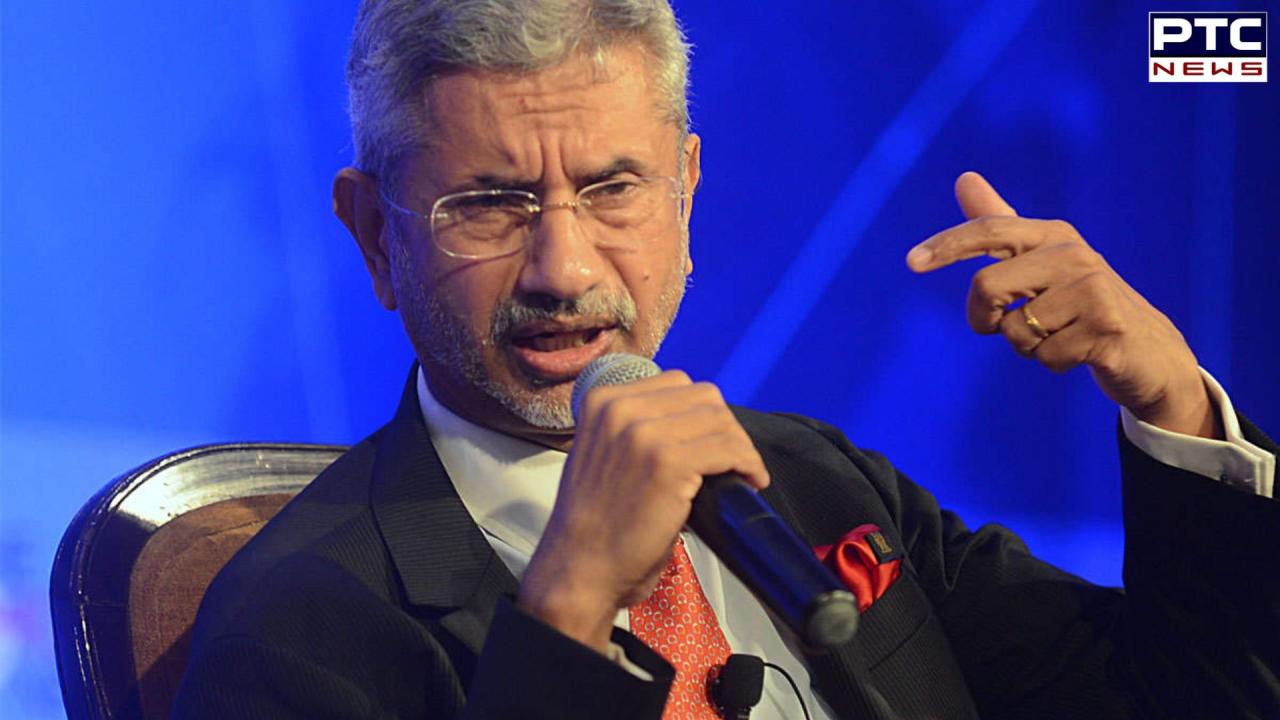

EAM on India-China border standoff: 75% of India-China border dispute progress only relates to disengagement
PTC News Desk: In a candid acknowledgment of India's complex relationship with China, External Affairs Minister S. Jaishankar addressed the ongoing border disputes between the two nations, clarifying that his previous statement about 75% resolution only pertains to the 'disengagement' aspect of the conflict. He emphasized that significant challenges remain, particularly regarding other elements of the border situation.
Speaking at the Asia Society Policy Institute on Tuesday, Jaishankar reflected on the troubling history between India and China, particularly during the COVID-19 pandemic. He noted that China had breached prior agreements by amassing troops along the Line of Actual Control (LAC), leading to clashes that resulted in casualties on both sides. This breach, he stated, has cast a shadow over bilateral relations.
Jaishankar articulated, "We have a difficult history with China. Despite the explicit agreements we had, we saw during the pandemic that the Chinese moved a large number of forces in violation of these agreements to the LAC. A mishap was likely, and it did happen, leading to a clash where troops died on both sides. This has overshadowed our relationship."
When he referred to the 75% resolution, Jaishankar emphasized that it solely addresses disengagement from friction points. While he acknowledged the progress made in managing disengagement, he highlighted that unresolved challenges, particularly related to patrolling rights along the border, still exist. He stressed that 'de-escalation' will be essential for improving relations with China.
Also Read: Joe Biden meets Muhammad Yunus, pledges full US support to Bangladesh
"We've managed much of the disengagement at the friction points, but some patrolling issues still need resolution. The next step will be de-escalation," he noted.
During his remarks, Jaishankar also discussed India's evolving relationships with Gulf nations over the past decade. He pointed to the India-Middle East-Europe Economic Corridor (IMEC) as a key development, designed to enhance trade and connectivity by linking the Atlantic to India.
He underscored the strategic significance of IMEC, stating that it not only bolsters India's economic ties with Gulf countries but also facilitates broader global trade routes. Jaishankar further mentioned ongoing initiatives to establish connectivity to the Pacific through Myanmar, known as the Trilateral Highway.
"India's ties with the Gulf have dramatically changed in the last decade. The IMEC exemplifies this transformation by connecting the Atlantic to India. Additionally, we are working on building connectivity to the Pacific through Myanmar, referred to as the Trilateral Highway," Jaishankar elaborated.
He concluded with an optimistic outlook, suggesting that by the end of the decade, there could be extensive land-based connectivity stretching from the Atlantic to the Pacific, traversing through Asia.
Also Read: Lebanon: Hezbollah commander killed in Israeli airstrike, death toll reaches to 558 | Latest Updates
- With inputs from agencies
